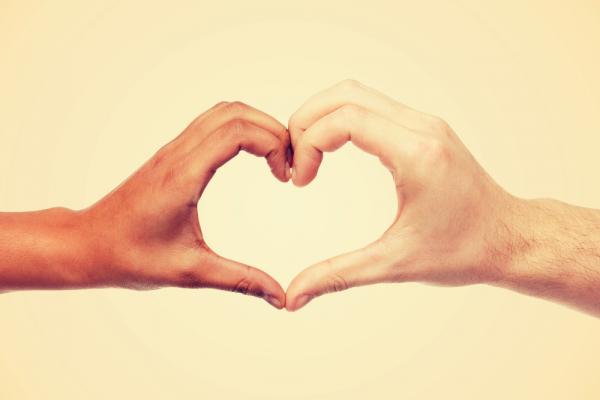When I reached high school and started dating, my relatives had a lot of questions: "This girl you’re going to the movies with: Is she Catholic? Slovak? What’s her family’s last name? What does her father do for a living?"
She had to be Catholic, of course. Preferably Slovak. If not, some other nearby nationality. Anything less would get disapproving comments. Those questions may sound odd now, but they mattered back then. The Catholic Church had only recently concluded Vatican II, which tried to bridge centuries of animosity between churches. Accepting Protestants as equals was something new. And many of the immigrants in my neighborhood were trying to preserve the culture and traditions that they brought from Europe. They were afraid of losing their heritage in the new land.
For them, traditional marriage meant choosing someone from the same faith, the same ethnic background. Simply put, they were afraid. Terrified, actually. They feared that if marriage changed, their world would fall apart.
That's why to so many people, my relationship wasn’t about finding someone who fit me — it was more about me finding someone who fit them.
Read the Full Article

